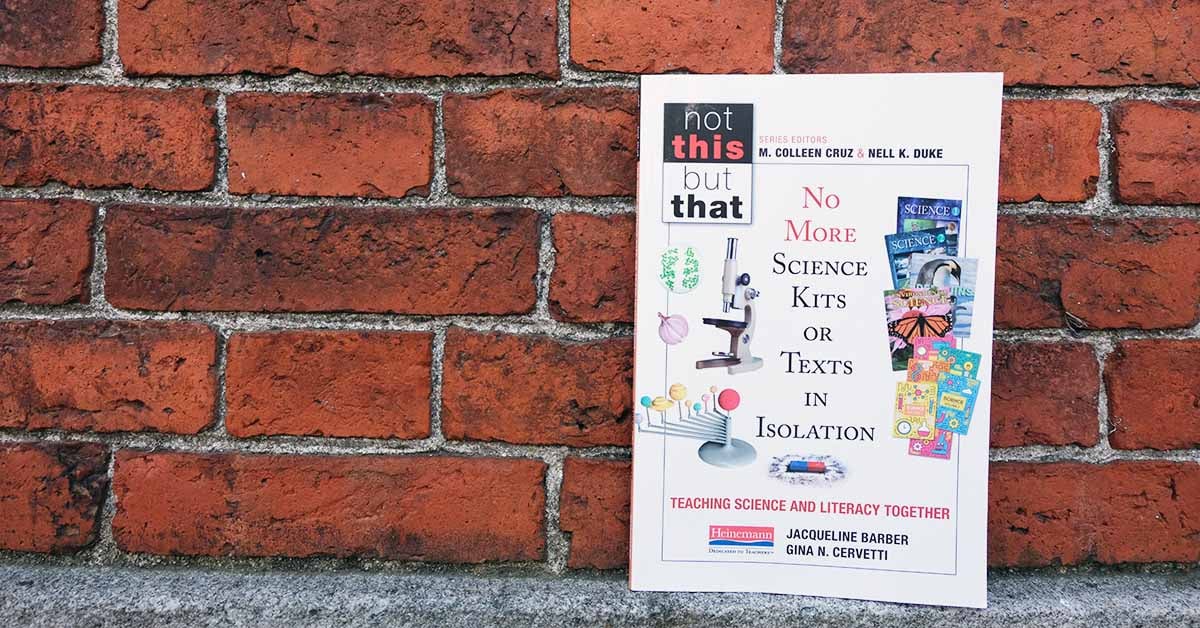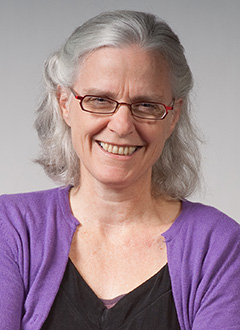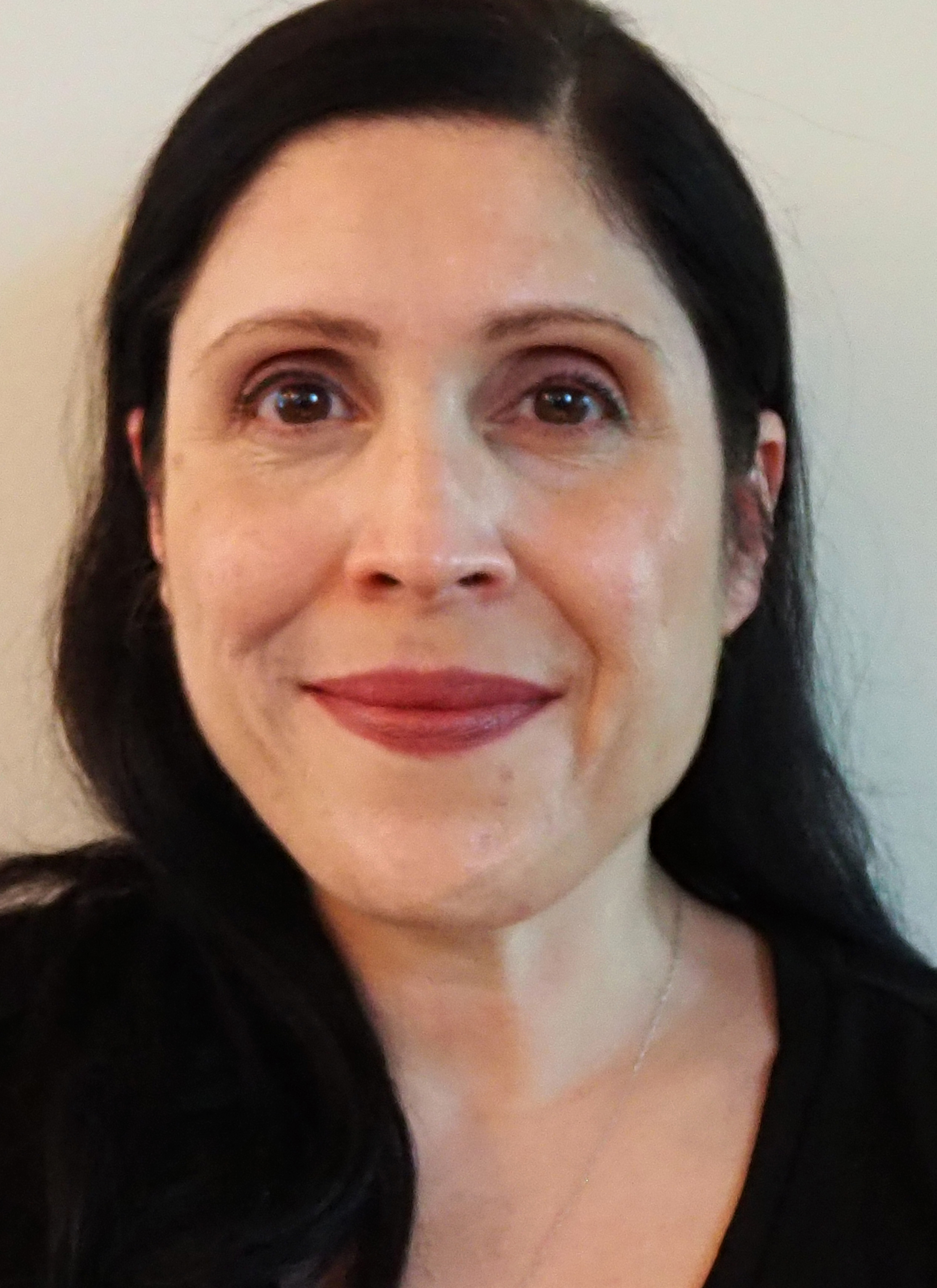 Until fairly recently, many committed science educators downplayed the idea that reading and writing play an important role in learning science. To some extent, these educators were reacting to a generation of science materials and instruction that had students learn science solely by reading textbook chapters and answering questions about the content. In other words, these programs taught science as a set of facts to be learned or concepts to be mastered.
Until fairly recently, many committed science educators downplayed the idea that reading and writing play an important role in learning science. To some extent, these educators were reacting to a generation of science materials and instruction that had students learn science solely by reading textbook chapters and answering questions about the content. In other words, these programs taught science as a set of facts to be learned or concepts to be mastered.
Learning science from reading textbooks conflicted with the type of science education being advocated by scientists, many science educators, and the National Science Foundation. These groups had an interest in involving students in learning science by doing science—approaches that teach science not as a set of facts, but as a way of asking and answering questions about the natural world. Inquiry-oriented approaches that involve students in actual scientific investigations (asking questions, gathering data, and making sense of those data) were seen as a way to support students in understanding how science works and how scientific knowledge is created.
In recent years, however, many advocates of inquiry-oriented science have come to recognize that gathering and making sense of data through investigations is only part of the work of doing science. Perhaps more importantly, inquiry-based curriculum programs have started to reflect this view of science learning, acknowledging that scientists do learn about science from texts, and reading, writing, and communicating orally are authentic aspects of practicing science. Listed below are some of the ways in which scientists use literacy in their everyday practice!
- Read to find out what other scientists in the field have learned to design their own research as well as stay abreast of the latest work.
- Write proposals that essentially serve as arguments for why a proposed research initiative should be funded.
- Read and evaluate others’ proposals and papers as part of a peer-review process.
- Write to document their data collection.
- Engage in argumentation within a research team to interpret results and plan next steps.
- Write scientific papers that communicate research findings and infer broader meaning.
- Engage in both oral and written discourse to clarify meaning of one’s own or another group’s research study.
Reading, writing, and talk are authentic parts of scientific practice, and they are also necessary to support students in learning about science and making sense of their scientific investigations. Although participation in science inquiry is a critical part of learning about science, students can’t learn everything we want them to know about science through firsthand investigations alone. That is, there are many things that we want students to understand about the natural world that can’t easily be observed or manipulated in a hands-on way in classrooms.
In a rich and critically important domain like science, we want students to learn both the knowledge and the skills that help them understand how the world works, make good decisions by evaluating scientific information critically, and investigate issues scientifically. Thus, to avoid the trap of textbook-only science or inquiry-only science, we need to aim for synergy—engaging students in using firsthand experiences and text-based experiences as connected parts of investigating questions about the natural world.
We need to treat literacy activities and instruction in science not simply as a means to understand or produce texts, but as part of the set of practices in which scientists engage as they ask and answer questions about the natural world.
…
The above has been adapted from No More Science Kits or Texts in Isolation. Click to pre-order the book here!
Follow us on Instagram @heinemannpub to stay up to date on the latest books, your favorite authors, and upcoming events!
 Jacqueline Barber is co-author of No More Science Kits or Texts in Isolation and Director of the Learning Design Group at the University of California, Berkeley's Lawrence Hall of Science.
Jacqueline Barber is co-author of No More Science Kits or Texts in Isolation and Director of the Learning Design Group at the University of California, Berkeley's Lawrence Hall of Science.
 Gina Cervetti is coauthor of No More Science Kits or Texts in Isolation and a co-author of Comprehension Going Forward.
Gina Cervetti is coauthor of No More Science Kits or Texts in Isolation and a co-author of Comprehension Going Forward.
An assistant professor of Curriculum and Instruction at University of Colorado Boulder, she teaches graduate-level courses on reading instruction and assessment. The focus of Gina’s work over the last decade has been on students’ development of academic literacies with a particular focus on reading comprehension—and, more recently, talk— in science. In particular, she has been exploring the question, How can literacy instruction be made more authentic, powerful, knowledge-enriching, and personally meaningful through integration with content-area instruction?



